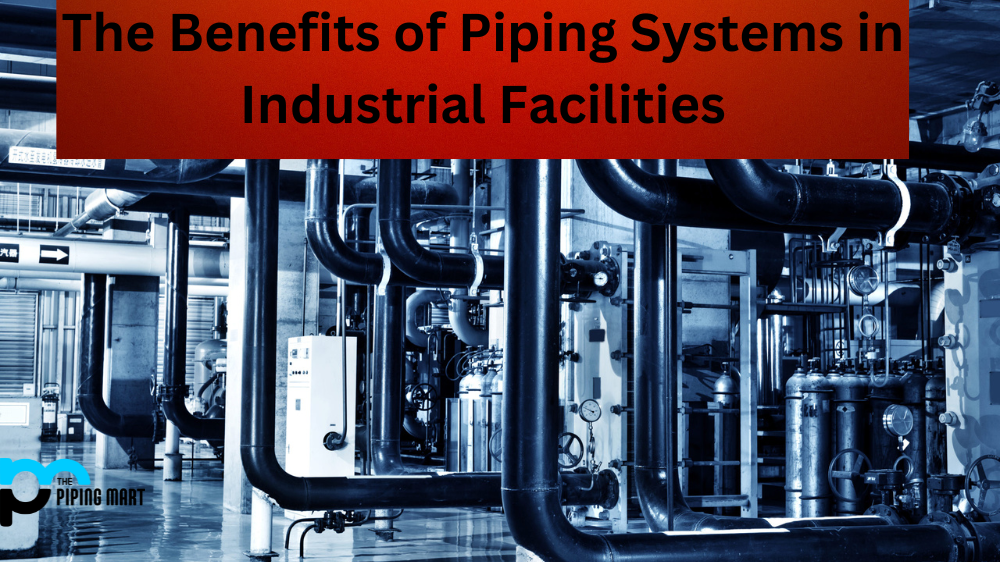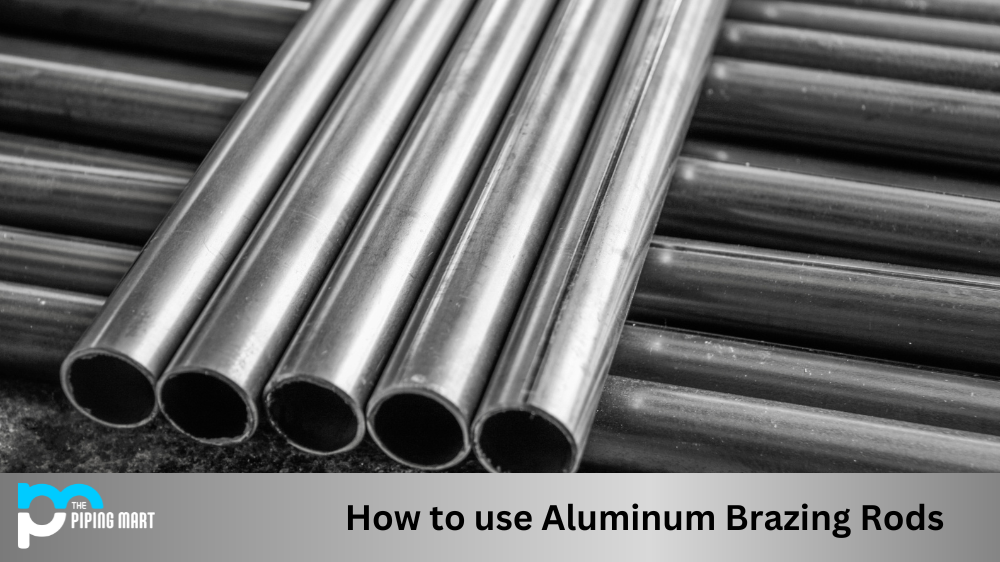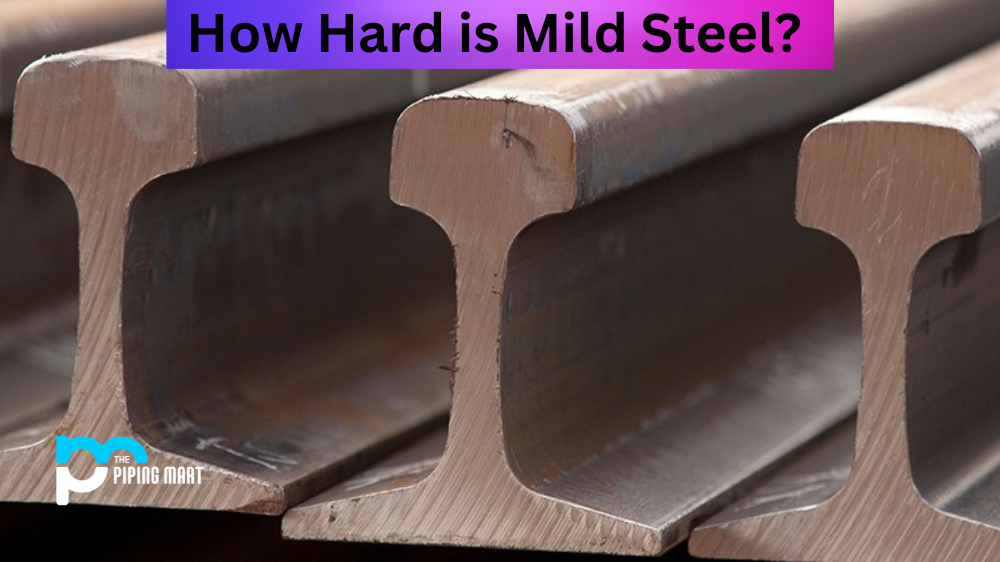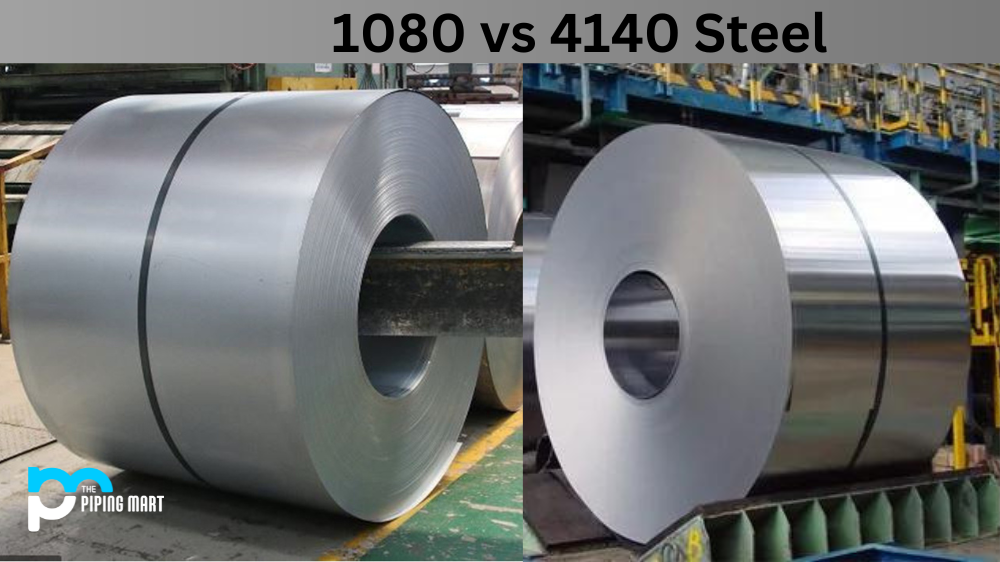Pipe systems are an essential part of industrial facilities. They provide a reliable and efficient way to move fluids between different points within a facility. Furthermore, they are also more cost-effective than other alternatives such as rail or truck transport. In this article, we’ll discuss the advantages of using piping systems in industrial plants and why they should be considered when designing or upgrading your facility.
Importance of piping system
Durability and Reliability
Pipe systems are designed to be extremely durable and reliable, which is why they have become a popular choice for many industrial facilities. They are made with strong materials that can withstand harsh conditions while still providing an efficient transportation system for fluids. Additionally, modern pipe systems are equipped with sensors that can detect any potential problems before they cause damage or disruption to operations. This makes them highly reliable and less likely to experience downtime due to unexpected issues.
Cost-Efficiency
Using piping systems in an industrial plant can help reduce costs in several ways. For example, pipes require less maintenance than other transportation methods, such as trucks or rail lines, because there is no need for regular inspections or repairs. Additionally, pipes require less energy than other forms of transportation since they rely on gravity rather than motors to move fluids from one location to another. This makes them an attractive option for companies looking to save money on energy costs while still providing efficient transportation solutions.
Safety
Piping systems offer a safe alternative for transporting fluids between different points within an industrial facility. Unlike other transportation methods, such as trucks or ships, pipes do not require manual labor, meaning there is less risk of injury or accidents occurring during the process. Additionally, pipes are designed with high-pressure ratings so that any potential leaks can be contained quickly and effectively to avoid further damage or disruption to operations.
Conclusion:
Piping systems offer numerous advantages for industrial facilities looking for reliable and cost-effective ways of transporting fluids from one point to another safely and efficiently. From their durability and reliability, cost-efficiency in terms of energy savings, and safety features that keep personnel safe—it’s easy to see why piping systems have become so popular among industrial plants worldwide! For these reasons alone, it makes sense for companies looking into upgrading their facilities to consider using piping systems as part of their design plan in order to maximize both efficiency and safety within their operations.

Pipingmart is B2B portal specializes in industrial, metal and piping products. Also, share latest information and news related to products, materials and different types grades to help business dealing in this industry.




